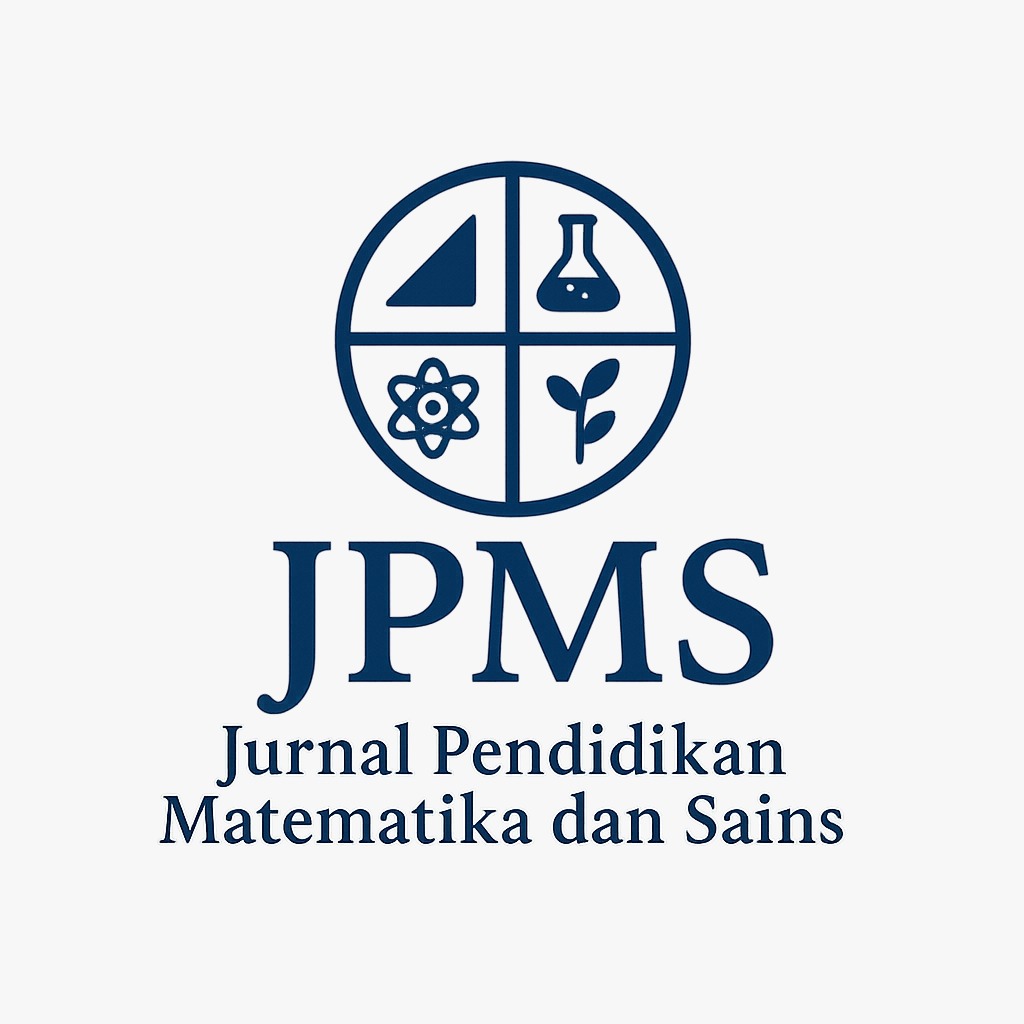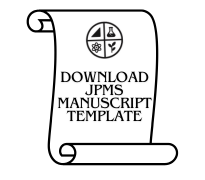Analisis Kemampuan Penalaran Analogis Siswa SMP dalam Menyelesaikan Masalah Matematika
DOI:
https://doi.org/10.21831/jpms.v8i1.19649Keywords:
penalaran analogi, pemecahan masalahAbstract
References
Azer, S. A., Guerrero, A. P., & Walsh, A. (2013). Enhancing learning approaches: Practical tips for students and teachers. Medical Teacher, 35(6), 433-443.
Di Giulio, R. C. (2004). Great teaching: What matters most in helping students succeed. Corwin Press.
Fischer, E. (2015). Mind the metaphor! A systematic fallacy in analogical reasoning. Analysis, 75(1), 67-77.
Frensch, P. A., & Funke, J. (2014). Complex problem solving: The European perspective. Psychology Press.
Lassiter, D., & Goodman, N. D. (2015). How many kinds of reasoning? Inference, probability, and natural language semantics. Cognition, 136(1), 123-134.
Leung, F. K. (2014). What can and we learn from international studies of mathematics achievement?. Mathematics Education Research Journal, 26(3), 579-605.
Lovett, A., & Forbus, K. (2017). Modeling visual problem solving as analogical reasoning. Psychological Review, 124(1), 60.
Magdas, I. (2015). Analogical reasoning in geometry education. Acta Didactica Napocensia, 8(1), 57-65.
May, D. B., Hammer, D., & Roy, P. (2006). Children's analogical reasoning in a third-grade science discussion. Science Education, 90(2), 316-330.
Mozzer, N. B., & Justi, R. (2013). Science teachers' analogical reasoning. Research in Science Education, 43(4), 1689-1713.
Polya, G. (2004). How to solve it: A new aspect of mathematical method (Vol. 85). Princeton university press.
Richland, L. E., & Simms, N. (2015). Analogy, higher order thinking, and education. Wiley Interdisciplinary Reviews: Cognitive Science, 6(2), 177-192.
Sternberg, R. J., & Sternberg, K. (2016). Cognitive psychology. Nelson Education.
Downloads
Published
How to Cite
Issue
Section
Citation Check
License
Jurnal Pendidikan Matematika dan Sains allows readers to read, download, copy, distribute, print, search, or link to its articles' full texts and allows readers to use them for any other lawful purpose. The journal allows the author(s) to hold the copyright without restrictions. Finally, the journal allows the author(s) to retain publishing rights without restrictions
- Authors are allowed to archive their submitted article in an open access repository
- Authors are allowed to archive the final published article in an open access repository with an acknowledgment of its initial publication in this journal

This work is licensed under a Creative Commons Attribution-ShareAlike 4.0 Generic License.





